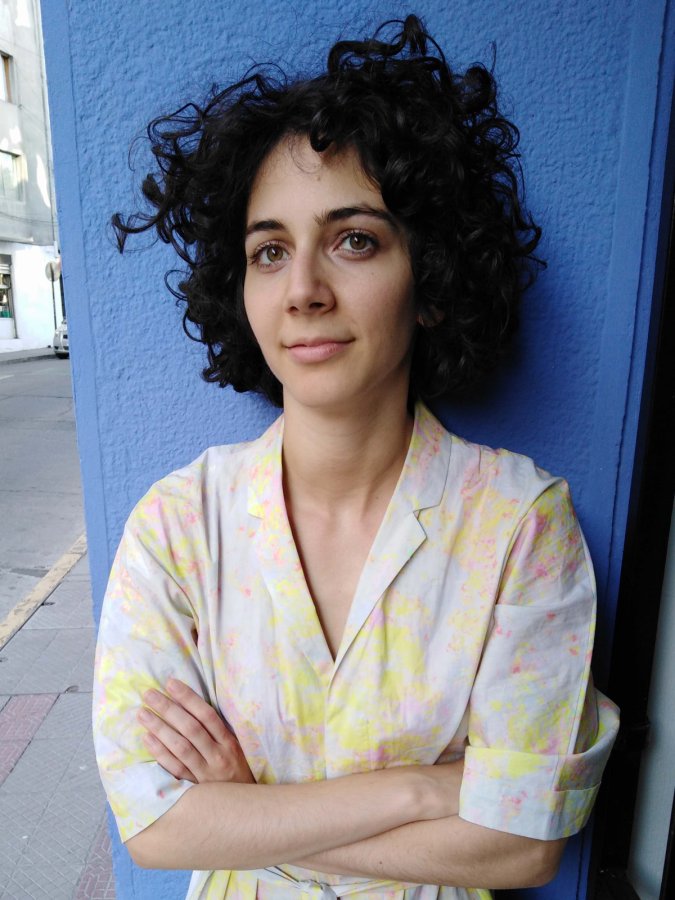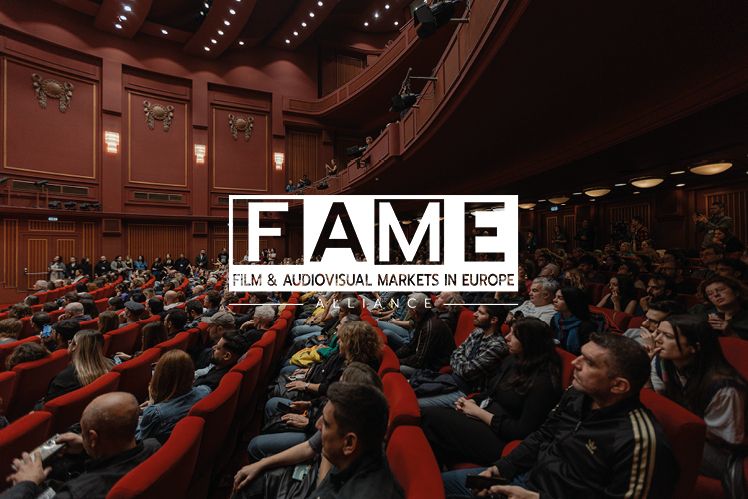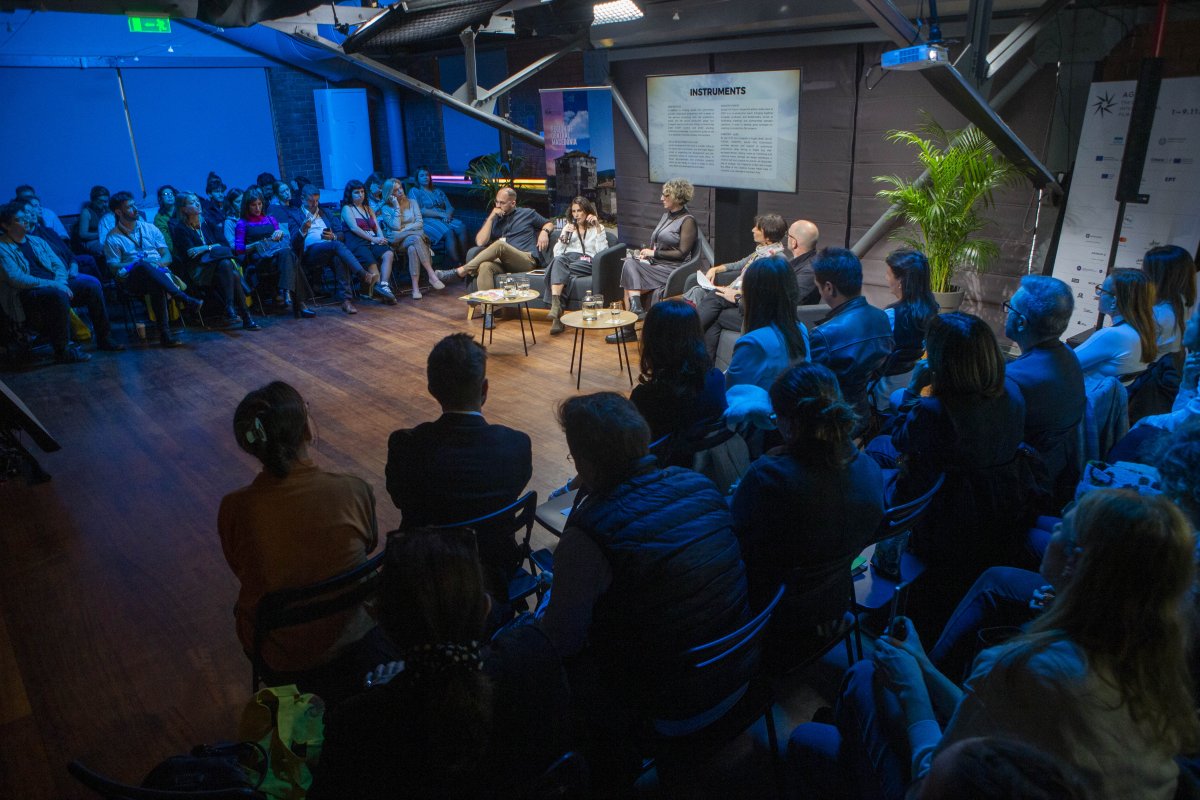EUFORIA 2015-2016 PROGRAM:
INNOVATIVE FILM EDUCATION FOR THE YOUNG GENERATION
INNOVATIVE FILM EDUCATION FOR THE YOUNG GENERATION
 The Thessaloniki International Film Festival is happy to present the European program EUFORIA 2015-2016 (Creative Europe-MEDIA); a special innovative project with a variety of benefits for Film Education in European countries, in terms of both using and contributing to it.
The Thessaloniki International Film Festival is happy to present the European program EUFORIA 2015-2016 (Creative Europe-MEDIA); a special innovative project with a variety of benefits for Film Education in European countries, in terms of both using and contributing to it.EUFORIA -a transnational collaboration network between Greece, Hungary and Poland- is a valuable educative tool that integrates cinema into school material in the most creative and flexible ways, enabling thus European teachers to focus on subject matters such as love, gender, racism, immigration, solidarity, etc, through analyzing a selection of acclaimed Greek, Polish and Hungarian feature and documentary films. Some examples include Dimitri Gaziadis’ Astero, Michael Cacoyannis’ Stella, Theo Angelopoulos’ Eternity and a Day, as well as Andrzej Wajda’s The Promised Land, Miklos Jancso’s The Round-Up, Pawel Pawlikowski’s Ida and Laszlo Nemes’ Son of Saul.
The EUFORIA online platform www.filmfestival.gr/euforiabeta is currently available in beta version and new material is being added. The platform is accessible gratis to the public. It is addressed to students, teachers, academics, researchers, professionals of the film industry, education counselors (Ministries of Culture/ Education), as well as film enthusiasts.
What is EUFORIA:
EUFORIA (European Films for Innovative Audience Development) is a Film Education strategic plan focusing on Secondary Education and designed to support the idea of film in school, in the framework of cinema's great learning potential. It began in November 2015.
TIFF and EUFORIA:
The Thessaloniki International Film Festival is the main administrator of the EUFORIA project, responsible for the organization, coordination and supervision of the program’s common activities applied by the Cinema Museum of Thessaloniki (TIFF’s educational institution), the University of Spoleczna Akademia Nauk – San in Poland and the cultural organization Laterna Magica Kulturalis es Oktatasi Szolgaltato Kft in Hungary.
EUFORIA’s main activities:
1. The international conference “Tracing Film Literacy in a Transnational Level // Greece-Poland-Hungary” that was successfully held in February 2016.
2. FILM VAULT is EUFORIA’s online Film Education platform that comprises of a digital catalogue of 90 short and feature films, both fiction and documentary (30 Greek, 30 polish and 30 Hungarian productions). The aim of FILM VAULT is to familiarize students with European Film and Film Education. It is education-orientated and provides ready-to-use material (available in PDF format), which allows teachers to support school curriculum subjects or societal issues.*A selection of the catalogue’s films is accompanied by rich educational material that contains basic information about the film (synopsis, credits, filmography, photographs, book references), as well as activities for the students, teacher’s book and film extracts.
*The platform’s film catalogue can be accessed by various criteria (country, title, director, subject and film language).
*The category “Teaching Tools”, also available in FILM VAULT, features key cinema terms, familiarizing the users with the basic components of film language.
3. Students’ documentaries: 24 groups of Secondary Education students from Greece, Poland and Hungary prepared short documentaries with a common topic: the development of contemporary urban landscape by projects that were subsidized by the European Union. These documentaries will be uploaded at the FILM VAULT platform and will participate in the Students Documentary Festival held in November 2016.
4. “Docs for Kids”: The successful section of the Thessaloniki Documentary Festival, dedicated exclusively to the young audience, also forms part of the EUFORIA project; “Docs for Kids” films On the Way to School and A Brave Bunch, The Uprising through Children’s Eye have already been screened in Greece, Poland and Hungary.
5. Transnational screenings in prisons.















